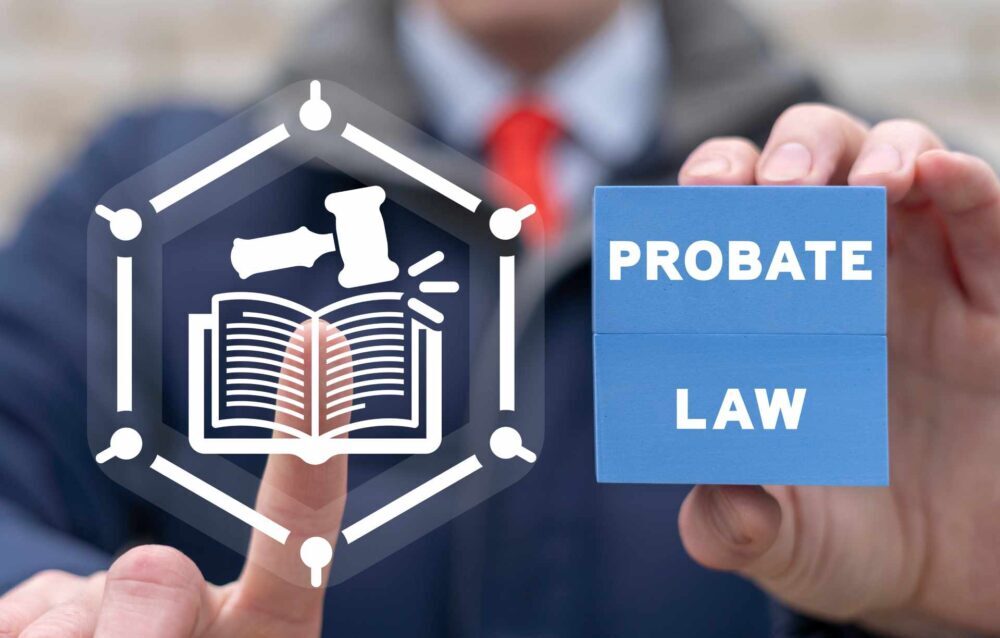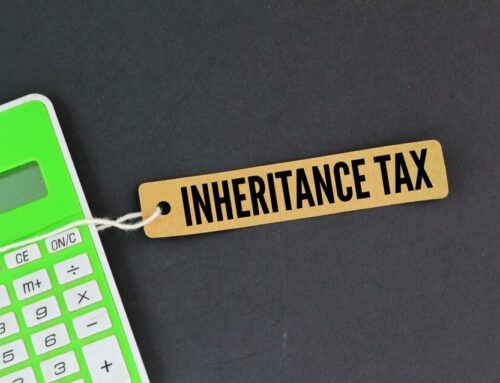Unfortunately, at some point in most of our lives, most of us will lose someone close to us. Along with dealing with upheaval that grief causes, there’s the matter of sorting out the formalities. It might feel crass in the beginning, but dealing with the deceased’s possessions, assets and money, has to be addressed at some point. The process can be further complicated if someone has contested the validity of the Will , or the provision in it.
If someone has left a Will, even if their loved ones are surprised about how things have been divided, the law tends to respect the wishes of the person who wrote it. However, there are grounds for contesting a Will that could deem it invalid, or issues that arise due to a lack of reasonable financial provision.
If there is no Will, someone may want to challenge the way the estate has been distributed in line with the rules of intestacy.
In this article, we will outline some of the most important things to consider when it comes to contesting a Will. Let’s start by covering what the grounds are.
What are the Grounds for Contesting a Will?
Like previously mentioned, if someone has left a Will, the default position in law is in favour of the wishes of the deceased.
However, there are grounds for challenging a Will, these include:
- Lack of testamentary capacity – When someone creates a Will, they must have the mental capacity to do so. The person writing the Will must understand what they are doing, and the impact it has. This called testamentary capacity. If they did not have sufficient testamentary capacity at the time of writing or amending the Will, this is grounds for it to be contested. The test for testamentary capacity is not straightforward and has been determined by the Courts.
- Lack of valid execution – Like many legal documents, there are certain rules that must be followed for a Will to be considered legally binding. These include the Will being in writing, two witnesses being required, and all three signatories being present at the same time and witnessing each other sign the document. If any of these steps haven’t been followed, the Will could be declared invalid.
- Lack of knowledge and approval – Lack of knowledge and approval is when someone has testamentary capacity but may not be fully aware of what is outlined in the Will.
- Undue influence – If someone has been manipulated, pressured, or coerced into writing their Will, usually by someone who wants to control the outcome of the estate distribution, this is another ground to challenge a Will. For this to be viable, there must be strong evidence to support the claim, not just an assumption.
- Fraud or forgery – Like it says on the tin, if someone has forged a Will or committed an act of fraud, the will isn’t a valid legal document.
All of the above are grounds for challenging the Will prior to it being admitted to Probate.
However, there are other reasons someone may wish to contest a Will. For example, if they feel they haven’t been left with reasonable financial provision, under the Inheritance (Provision for Family and Dependants) Act 1975 they can challenge the provision left for them in the Will whilst accepting the will as executed is valid.
The law surrounding a challenge to a Will can be complicated and sometimes based on legal principles first established over 100 years ago. Therefore, things can quickly become very complex if legal advice is not taken early. If you have any doubts about the validity of a Will, or your entitlement under it , your best bet is to talk to a contentious probate solicitor at the earliest opportunity. That way they can be a guide through this difficult time and advise you on your next step.
Who can Contest a Will?
Although the law of contesting a Will can be complicated, when it comes to who can contest it, it’s pretty clear. Anyone who would/does benefit from the Will but feels like the wishes of the deceased have not been reflected or believes that the Will is invalid, is allowed to raise a claim.
However, in some circumstances there’s certain factors that need to be met for someone to make a claim. For example, if someone wants to challenge a Will because they haven’t been reasonably provided for they would either have to be one of the parties who the law states can challenge the provision left for them in a Will, such as a spouse/civil partner, or a child, or show that they were a financial dependant of the deceased when they died.
Also, if they had been left something but they didn’t feel it was enough, they would have to show that the money they have been left with is not reasonable. This means it doesn’t meet their reasonable living costs.
If you think you have a case, or are unsure as to your position, speaking to a solicitor will help clear things up for you.
Can you Contest a Will After Probate?
If you’re new to this process, words like probate might sound intimidating. There’s a lot of terms we only hear for the first time when we are grieving. So, in short, probate is the process of distributing someone’s estate (money, assets, possessions etc).
Someone will be named in the Will as the person/people who are in charge of handling the estate, this is called the executor/s. Once the executor has gathered all the information they need about the estate, they will apply for a grant of probate. Once this has been given, they can start distributing the estate in accordance with the wishes stated in the Will.
Some challenges against the Will, for example that the Will is invalid, should be brought before probate. Others, such as a claim for financial provision are normally brought after the grant of probate has been issued, subject to strict statutory time limits.
If you are considering contesting a Will, it should be done as soon as possible, as the further into the process an existence of a claim is identified, the more complicated it can be.
What if There is no Will?
Sometimes when people pass away, they haven’t written a Will. This is especially common if someone dies suddenly. If you are in the position where you’ve lost a loved one, your first port of call is to find out if they left a will. If they haven’t, the distribution of someone’s estate will follow the rules of intestacy. Unfortunately, if you do not fall within these rules, you will be left with nothing. You cannot stop the rules of intestacy from taking place, but can you contest the outcome of this?
In short, yes. You must show you were financially dependent on the deceased, for example, if:
- You lived with the deceased for the last two years but you weren’t married to them or in a civil partnership;
- You depended on them financially;
- You inherited something, but not enough to support you.
It is important everyone understands the impact of what happens when we die without leaving a Will. In some cases, it can lead to our estate being left to people we were not even in contact with. This can be distressing to our loved ones, especially if they’re left without enough money to support themselves, or the home you share isn’t left to them. Writing a Will is the best chance of making sure that our loved ones are provided for and to reduce the possibility of challenges to the division of our estate after we pass.
If you think you have a claim under the Inheritance Act due to an intestacy, you should seek legal advice at the earliest opportunity.
How We Can Help
When it comes to contesting a Will, or the rules of intestacy, one of the most important things is to make sure you have the right legal support. Although this can be done without a solicitor, this is a complicated area of the law. There are specific, and very well-established rules in place, and if you want the best chances of the outcome being in your favour, you need expert solicitors in your corner.
We’re here to help you. At PM Law, our team of contentious probate solicitors have a track record of dealing with these matters. Our personalised and sensitive approach will give you the confidence to move forward with your case, knowing you’re in safe hands. Get in touch today and see how we can assist.





